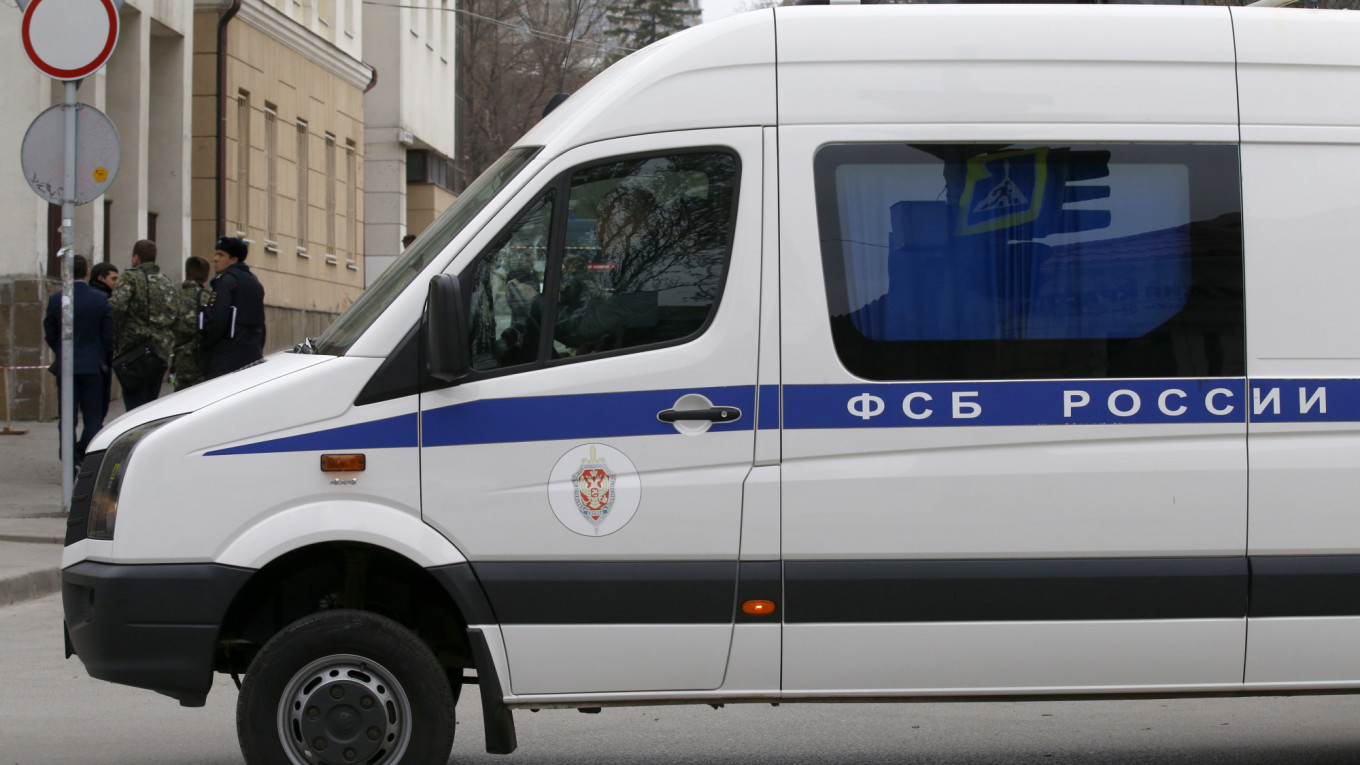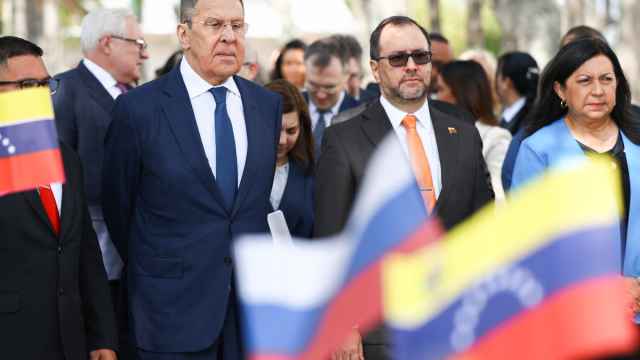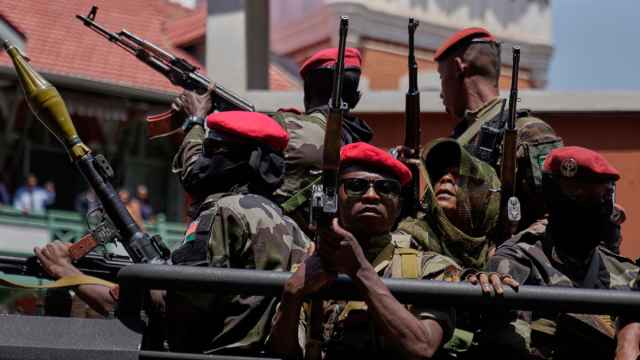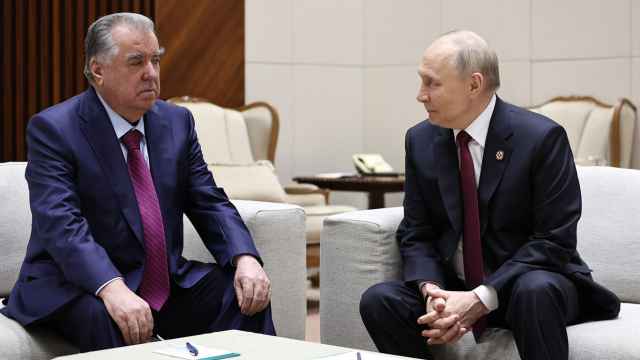Russian security forces said on Tuesday they had detained Estonia's consul to St. Petersburg for allegedly receiving classified documents, the latest in a series of espionage cases between Moscow and the West.
The FSB security service said consul Mart Latte was "caught red-handed while receiving classified documents from a Russian national" and detained for activities "incompatible with the status of a diplomatic worker" and "openly hostile" to Russia.
"Measures will be taken against the foreign diplomat in accordance with the rules of international law," said the statement.
No further details were provided.
Aari Lemmik, spokeswoman for Estonia's foreign ministry, said the FSB held Latte for an hour-and-a-half and charged him with "embezzling sensitive materials."
She told AFP that the charges were "completely ungrounded" and the diplomat's arrest was "a provocation by Russian authorities."
"This is yet another example that Russia is not interested in constructive relations with its neighbors and the European Union," she said.
The Baltic states of Estonia, Latvia and Lithuania, which were ruled by Moscow during Soviet times, are EU and NATO members and among the fiercest international critics of Moscow.
Russia and Western countries have engaged in a series of diplomatic expulsions and mutual espionage claims as tensions spiralled since the start of the year.
Moscow in April expelled four diplomats from the Baltic states in a tit-for-tat response to a wave of expulsions of Russian diplomats in central and eastern Europe.
Those expulsions were made in solidarity with the Czech Republic, which expelled 18 Russian diplomats after accusing Moscow's secret services of being behind a fatal explosion at an arms depot in the country's east in 2014.
Recent months have also seen German police arrest a Russian scientist working at a local university for alleged spying on behalf of Moscow, and the arrest of an Italian navy captain caught red-handed by police while selling confidential military documents to a Russian embassy official.
A Message from The Moscow Times:
Dear readers,
We are facing unprecedented challenges. Russia's Prosecutor General's Office has designated The Moscow Times as an "undesirable" organization, criminalizing our work and putting our staff at risk of prosecution. This follows our earlier unjust labeling as a "foreign agent."
These actions are direct attempts to silence independent journalism in Russia. The authorities claim our work "discredits the decisions of the Russian leadership." We see things differently: we strive to provide accurate, unbiased reporting on Russia.
We, the journalists of The Moscow Times, refuse to be silenced. But to continue our work, we need your help.
Your support, no matter how small, makes a world of difference. If you can, please support us monthly starting from just $2. It's quick to set up, and every contribution makes a significant impact.
By supporting The Moscow Times, you're defending open, independent journalism in the face of repression. Thank you for standing with us.
Remind me later.






